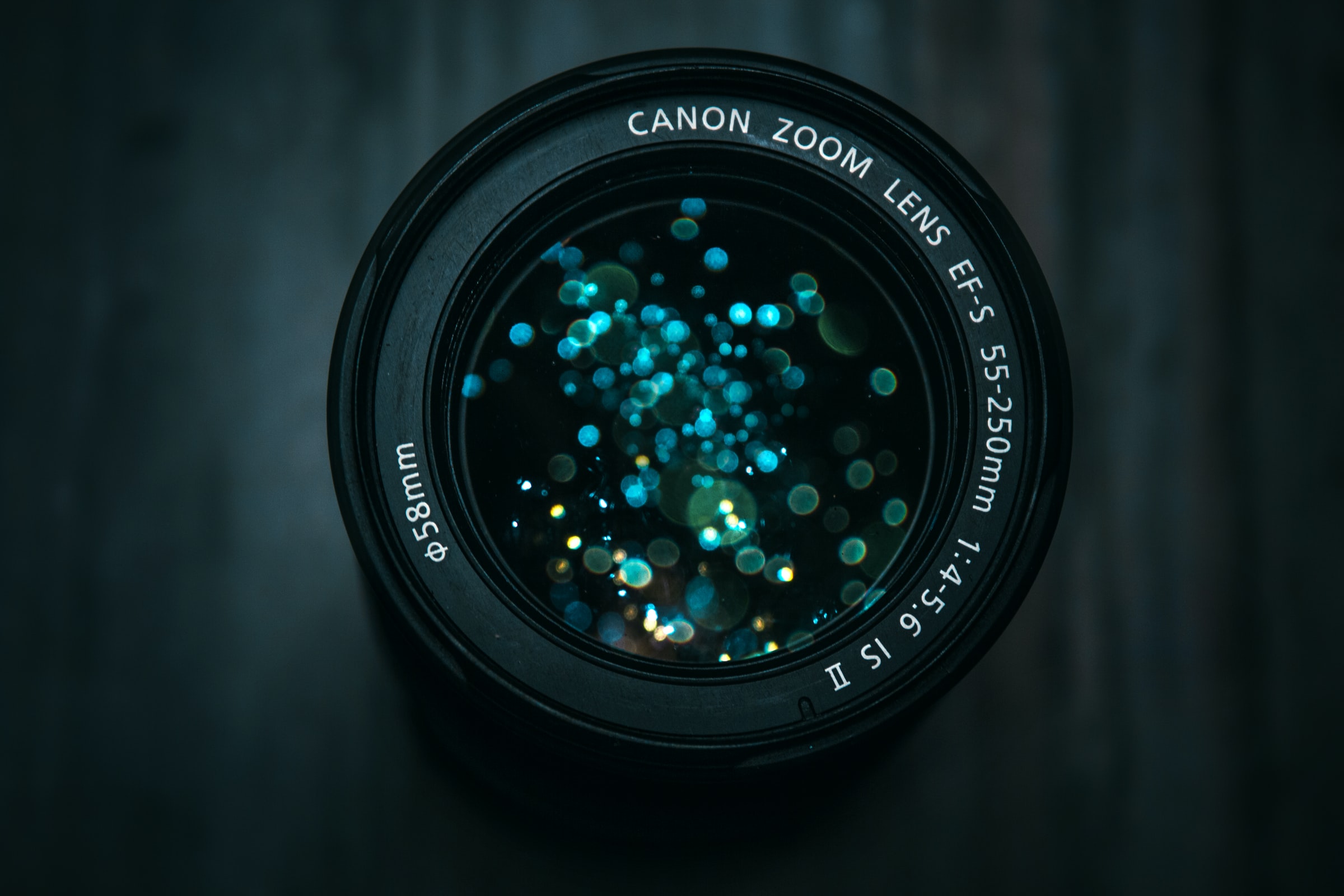In the real estate industry, photographers and editors matter.
Do you know why? Well, without them, your real estate images are dull and unappealing – something that you do not want to have as a realtor or property owner.
While it is right to treat photographers with the utmost respect, you should do the same with your photo editor. After all, they hold the key to those picture-perfect listing images that can give you the deal you are aiming for.
As real estate photo editors, they deal with different editing techniques to create stunning photos. One of these techniques is noise reduction.
But what is noise, and why do editors need to get rid of it?
What is noise in photo editing?
Noise is usually a common topic in photography that is necessary to maximize photo quality.
Contrary to the noise that you know, noise in photography refers to the grainy spots in photos.
These spots make the photos look unpleasant and disturbing. Moreover, they are so evident that you can easily see the unwanted pixels by merely adjusting the images’ brightness by using Lightroom or Photoshop.
Kinds of Noises
Noises come in two types.
The first one is the shot noise. This is the kind of random noise due to the photons in the scene. On the other hand, the second one is known as a digital noise and is caused by the camera’s sensor and internal electronics.
Digital noise is often caused by using high ISO when there is no enough light. It is a common problem for indoor photography that is done during the night time.
Here is one more critical point: you can fix a digital noise using post-processing software but not the shot noise.
Hence, the best way to avoid them is by minimizing your images’ potential exposure to them. Here is how you can do a professional noise reduction using the widely used noise reduction software by photo editors today.
Adobe Lightroom
Lightroom is the best tool that can denoise almost all images. It has a straightforward interface with valuable editing solutions such as the noise reduction tool. You can find it easily inside the Detail tab.
Noise Ninja
This software promotes workflow quality and productivity. It can be mainly used for reducing noise in your images.
There are the luminance sliders that will eliminate the noise brought on by color and light. Plus, you can also adjust the images’ Smoothing, Residual noise, and Detail.
Noise Reducer Pro
Noise Reducer Pro is an all-software for smoothing out your photo. It has a slider that you can use to adjust the amount of noise at varied noise reduction levels from medium, light, and custom.
Adobe Camera Raw
Adobe Camera RAW or ACR is somehow similar to Lightroom. It works manually via a slider found on the Detail tab.
The Luminance slider can make the digital noise less visible by blurring them together. The typical setting should be between 20 and 40 to get a realistic and natural look.
Topaz Denoise
This software can be integrated into Adobe Lightroom and Photoshop. It is focused on minimizing digital noise in your images.
The program works by collecting image data to remove noise and yields the perfect-looking images after.
Topaz Denoise has more controls, such as shadow-tone restoration and color casts. However, you should convert RAW files to 16-bit TIFF files first before using this software to process the photos and perform well.
So, what do you think about these kinds of software? Have you been using any of them now?
If yes, then that is wonderful! You are so close to producing those stunning real estate images. But if you have not yet tried any of them, then do not waste any minute! Check out which one suits your photo editing needs.

Leave a Reply
You must be logged in to post a comment.